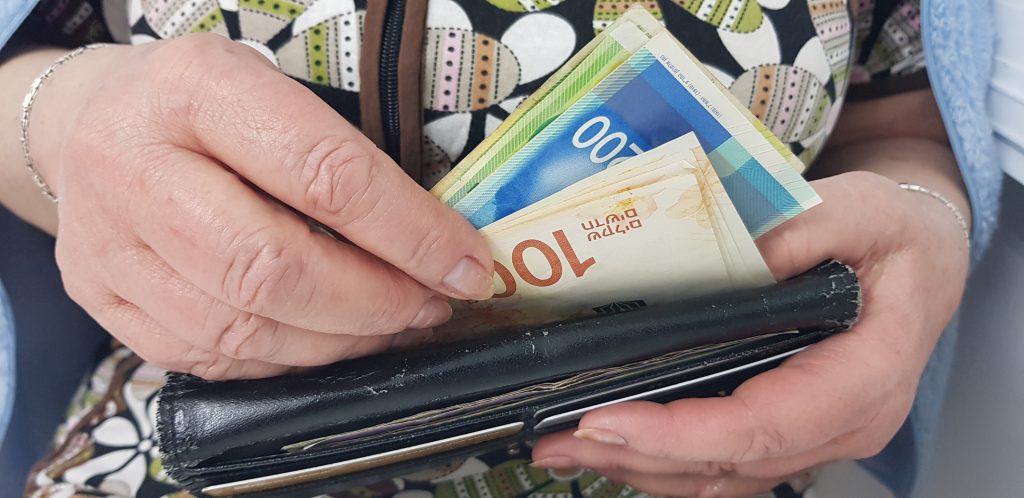In 2022, nearly half of the world’s 272 million immigrants were women. This incredible fact is taken for granted by most people, but it’s the result of decades of feminist struggle for freedom and the desire to improve the lives of their loved ones. This effort for feminine equality brought women many victories and benefited the whole world with scientific knowledge, a more inclusive financial system, and even stronger democracies. Still, the silent fact is that everyone benefited from their fight, including men, even if we don’t thank or acknowledge them for it.
When I was a boy, my grandfather told me the secret to happiness was a happy wife. “Happy Wife, Happy Life,” he said. I was 12 years old, but his wisdom has stuck with me ever since.
The quote he shared sounded funny, and I couldn’t stop thinking about it. My grandfather was 70 years old and had two daughters and five sons. Today, at 96 years old, his wisdom still is a guiding hand to most of the family and me, but I feel that his idea of a “Happy Wife, Happy Life” evolved, and today my understanding is very different from his, although some parts of it remain the same.
The first International Women’s Day happened in 1911 in a few European countries, and it was inspired by the National Women’s Day that took place in the United States two years before. A few years later, on March 8th, 1917, a group of women protested against food shortages and poor living conditions in Russia. Their protest was a spark that lit the flame of a Revolution in Russia. They were fighting for a more just and democratic society, and their protest date is why we celebrate International Women’s Day on March 8th.
My grandfather was born in 1926 and witnessed the birth of many political movements. Feminism and the struggle for women’s rights were among them. Back then, women protested for their voting rights, against food shortages, and in opposition to dictators. Today, most women can vote, hunger is at its lowest in history, and democracies are leading the world. Surely these victories still need to be perfected, but it is clear that the world has improved a lot since the early 1900s.
About 100 years ago, the feminist movement was taking its first steps and was hardly known. Today, Feminism is known worldwide. From Tokyo to Tanzania, it directly impacts how women and men think and act. Even if women’s struggles changed significantly in the last century, it is clear that improving their lives brought major benefits to all humanity throughout history.
Today, many women are wives, coworkers, bosses, scientists, politicians, breadwinners, and more. Because of that, men also enjoy more freedom, happiness, and better lives.
All of this brings me back to what my grandfather told me many years ago. “Happy Wife, Happy Life” might have been the men’s way to understand women’s struggle in the 1900s, but today it requires an update. It’s challenging to improve on the rhyme of the original “Happy Wife, Happy Life,” but in terms of ideas, today, we’re probably closer to “Empowered Women, Improved Humanity.”
Empowered Women, Improved Humanity
Women’s struggles still exist, even after all the proof that better conditions for them result in better lives for everyone. Women are paid significantly less than their male counterparts in many countries, they still don’t have control over their bodies as men do, and violence against women is a recurrent problem even in progressive societies.
Going deeper into their struggles, we must mention that women also have other identities that create a “double penalty” situation for many of them. As mentioned, nearly half of the world’s 272 million immigrants are women. They bring diverse talents to their new countries and send financial support to their families back home, yet immigrant women face big challenges.
Immigrant women tend to send more money home than their male counterparts. This fact is even more impressive if we consider that these women are paid less. Also, they have fewer chances to learn about finances and the digital technologies needed to make these money transfers. Because of this “double penalty” situation, many women use less modern solutions to send money to their loved ones and often pay 20% more in transfer fees than men.
The financial transfers they make allow economies to grow back home while providing essential services where they currently live. Because of the courage these women have to move to another country, and the financial support they provide through money transfers, they are slowly reshaping how their societies view them. They enable their children to attend schools, pay for medical care for their elders, and are the leaders of their families despite being many kilometers away. Yet, they still pay a higher price for making a better world.
Humanity needs to be committed to closing these gaps and elevating women worldwide. For example, taking advantage of the accessibility of mobile technology and phones, there are financial solutions that work for everyone, especially immigrant women looking for reliable cross-border money transfers. Ultimately, providing the financial services historically denied to women is more than a good business: It’s a business that does good.
We’re in 2023; by now, every man should understand what women’s struggles stand for, although most don’t. Feminism isn’t the desire to make women superior to men. Feminism isn’t the opposite of Male Chauvinism. Feminism aims for a more just and fair society for everyone, not to make women the oppressors of men. So if you’re a man today, saying congratulations to a woman isn’t enough: Acknowledge and thank them for making this world a better place.









